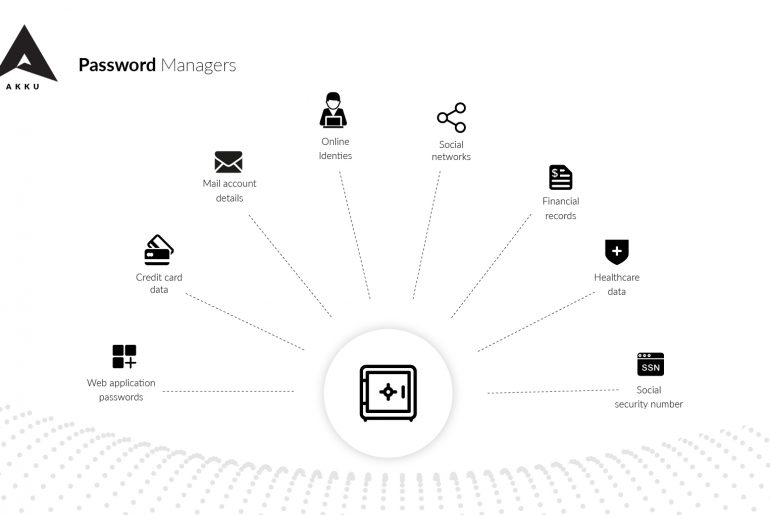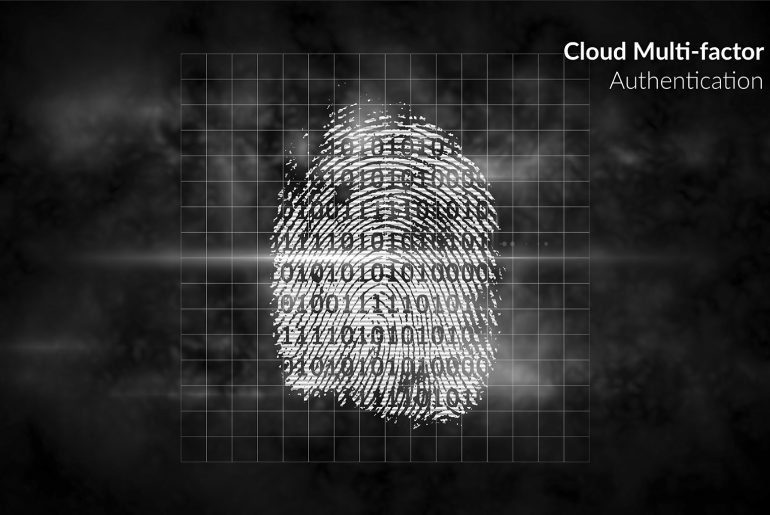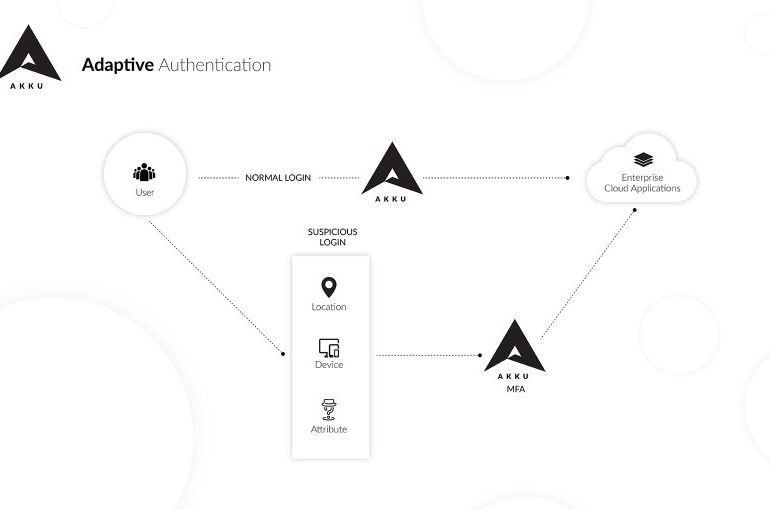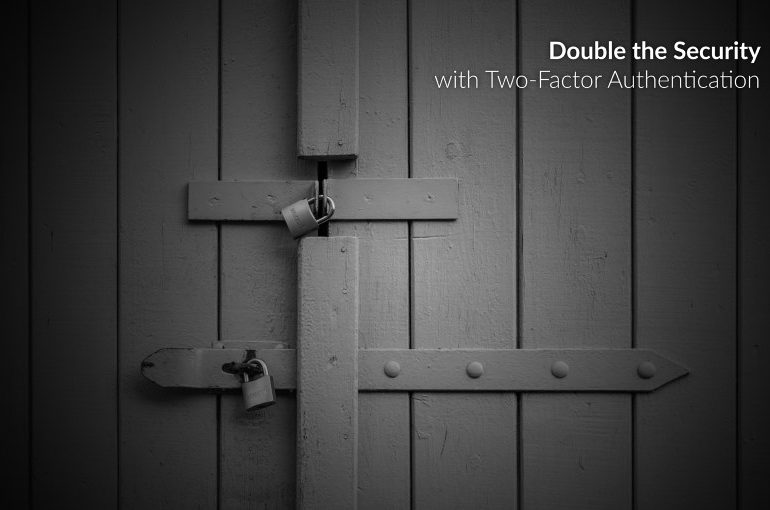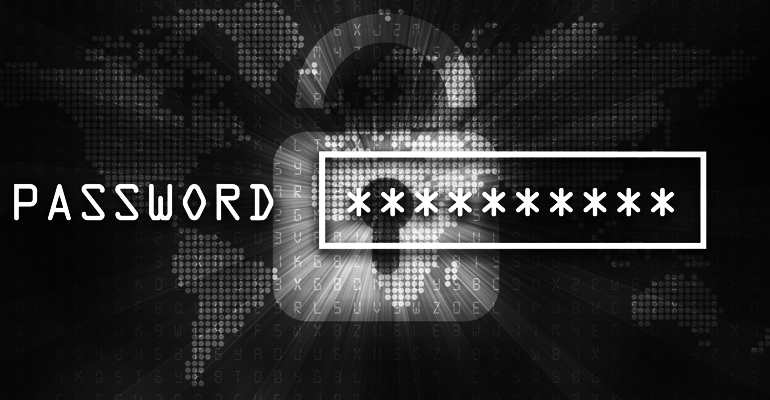On average, every person has 7.6 accounts – that’s a lot of user IDs and passwords for an individual! Remembering the user ID and password for all these accounts is obviously very cumbersome, and third party service providers have capitalized on this to provide password management services. A password manager is essentially a single repository for all your credentials. Two very popular password managers are LastPass and Dashlane. These are applications which will store your credentials in a “secure” database. However, they haven’t been spared by hackers, who breached their security to get access to thousands of user credentials.
Is the only thing standing between your business’ critical data and a cyber attack a set of usernames and passwords? If yes, then it’s definitely time for a security upgrade for your cloud and on-premise applications.
We are increasingly using applications on our smartphones for business and personal purposes. Everyday activities have become much easier and more efficient to perform; what used to take us days to process can take us seconds today.
Adaptive authentication, method for enforcing the right authentication factors depending on users profile and tendencies. It acts to balance the level of trust against risk.
Adaptive authentication is the way that two factor authentication or multi factor authentication can be configured or deployed.
Whether or not you know what it is called, you have likely used 2FA at least once in your life online.
Remember the time you tried logging into your email account from a new device and your email service provider sent you an SMS with a PIN (OTP), to re-validate that it was actually you attempting to login? You would have been allowed access to your inbox only after you entered the correct OTP.
Or the time you tried to transfer money to someone through internet banking. Even though you already entered your customer ID and password, your bank’s application would want to make sure that someone else hadn’t stolen your credentials. They do this by sending you an email with a PIN or a link to click on, for additional validation.
Most people use a Password Manager to save their account passwords. A password manager is an app or device which serves as a single collection point for all of a user’s account credentials. LastPass and Dashlane are two well-known password managers in the market. The usage of a password manager presents a security risk in case of a data breach. In fact, as per the Independent, the password manager LastPass was hacked and a data breach did occur, compromising user credentials.

